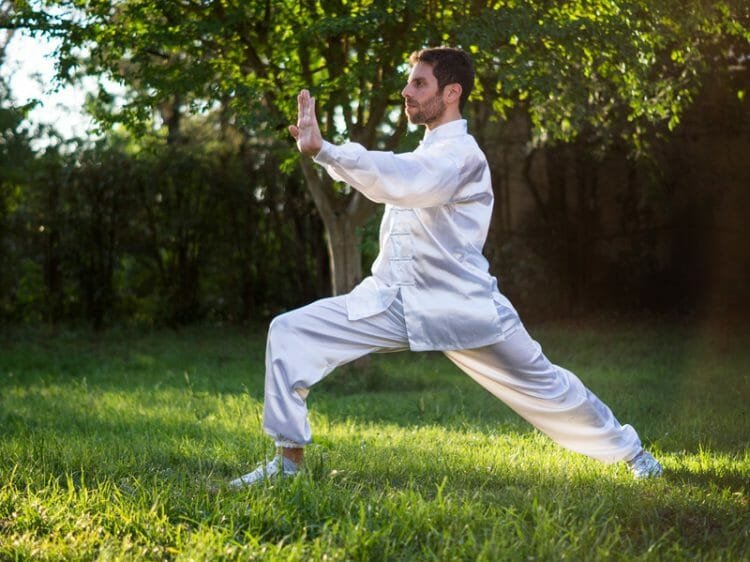A tiny feasibility study found that tai chi has the potential to reduce sadness, anxiety, and stress, as well as enhance sleep in stroke survivors. Depression affects around one-third of stroke survivors and is associated with increased disability and death rates. Individuals suffering from post-stroke depression typically express worry, tension, and a lack of sleep.
Stroke Survivors May Benefit From Tai Chi To Reduce Depression And Insomnia
The majority of the 11 stroke survivors in the research experienced some mild to moderate depression at the start, according to main author Dr. Taylor-Piliae of the University of Arizona, Tucson.

Taylor-Pillae stated in a news release from the European Society of Cardiology that following a two-month regimen of tai chi sessions, she was astonished and delighted with the changes they saw in these self-reported symptoms and sleep (ESC). She presented the findings during a virtual meeting of the ESC on Friday.
The findings are fascinating, according to one expert who was not engaged in the study.
They are aware that melancholy and anxiety are very frequent among stroke patients, and that they can cause severe deficits in physical health, according to Naomi Torres-Mackie, a psychologist at New York City’s Lenox Hill Hospital. The findings of this study have positive implications for the well-being of stroke survivors who simultaneously suffer from depression and/or anxiety.
The current study comprised 11 stroke survivors with depressive symptoms, with an average age of 70.
For eight weeks, they went to tai chi sessions three times a week. Each lesson included a 10-minute warm-up, 40 minutes of tai chi, and a 10-minute cool-down.
The participants learned two new moves on average every week, eventually achieving a total of 24 exercises.
Depression, anxiety, and stress symptoms were measured before and after eight weeks of tai chi. The researchers also looked at the subjects’ sleeping habits.
After eight weeks, stroke survivors reported substantial decreases in sadness, anxiety, and stress symptoms, as well as improved sleep efficiency (% of time spent sleeping), reduced alertness after sleep onset, and less time awake.
Adults often utilize mind-body treatments to reduce depressive symptoms, according to Taylor-Pilate. Tai chi exercise enables a person to calm their thoughts by focusing on the present moment and putting away unneeded negative feelings such as despair.
Dr. Andrew Rogove is the director of stroke care at South Shore University Hospital in Bay Shore, New York. Reading through the data, he stated that, despite the small sample size, this study gives the motivation to do bigger studies on tai chi for post-stroke health.
However, he did point out one key caveat: While 91% of the patients who participated in the research were able to walk 15 feet without help, it may be difficult for a stroke patient with reduced ambulation to finish this program.
Torres-Mackie, for one, believes that tai chi has significant practical benefits.
She highlighted that the exercises may be done at home and at no cost, which is significant because accessibility can be a barrier to mental health care. If it is as effective as this study suggests, tai chi could be very beneficial for people who are looking for a supplement to traditional mental health treatment, are hesitant to engage in traditional mental health treatment, or have difficulty traveling to treatment due to physical impairments caused by a stroke.
Because the study was presented at a medical symposium, the findings should be regarded as preliminary until they are published in a peer-reviewed publication. The limited number of patients in the research, according to Taylor-Piliae, is also an issue, but they aim to do a randomized trial with a 12-week tai chi intervention in a larger sample of patients.
